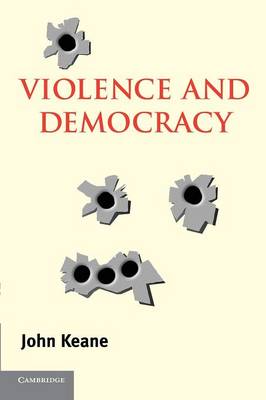Contemporary Political Theory
2 total works
In this provocative book, John Keane calls for a fresh understanding of the vexed relationship between democracy and violence. Taking issue with the common sense view that 'human nature' is violent, Keane shows why mature democracies do not wage war upon each other, and why they are unusually sensitive to violence. He argues that we need to think more discriminatingly about the origins of violence, its consequences, its uses and remedies. He probes the disputed meanings of the term violence, and asks why violence is the greatest enemy of democracy, and why today's global 'triangle of violence' is tempting politicians to invoke undemocratic emergency powers. Throughout, Keane gives prominence to ethical questions, such as the circumstances in which violence can be justified, and argues that violent behaviour and means of violence can and should be 'democratised' - made publicly accountable to others, so encouraging efforts to erase surplus violence from the world.
John Keane, a leading scholar of political theory, tracks the recent development of a big idea with fresh potency - global civil society. In this timely book, Keane explores the contradictory forces currently nurturing or threatening its growth, and he shows how talk of global civil society implies a political vision of a less violent world, founded on legally sanctioned power-sharing arrangements among different and intermingling forms of socio-economic life. Keane's reflections are pitted against the widespread feeling that the world is both too complex and too violent to deserve serious reflection. His account borrows from various scholarly disciplines, including political science and international relations, to challenge the silence and confusion within much of contemporary literature on globalisation and global governance. Against fears of terrorism, rising tides of xenophobia, and loose talk of 'anti-globalisation', the defence of global civil society mounted here implies the need for new democratic ways of living.

